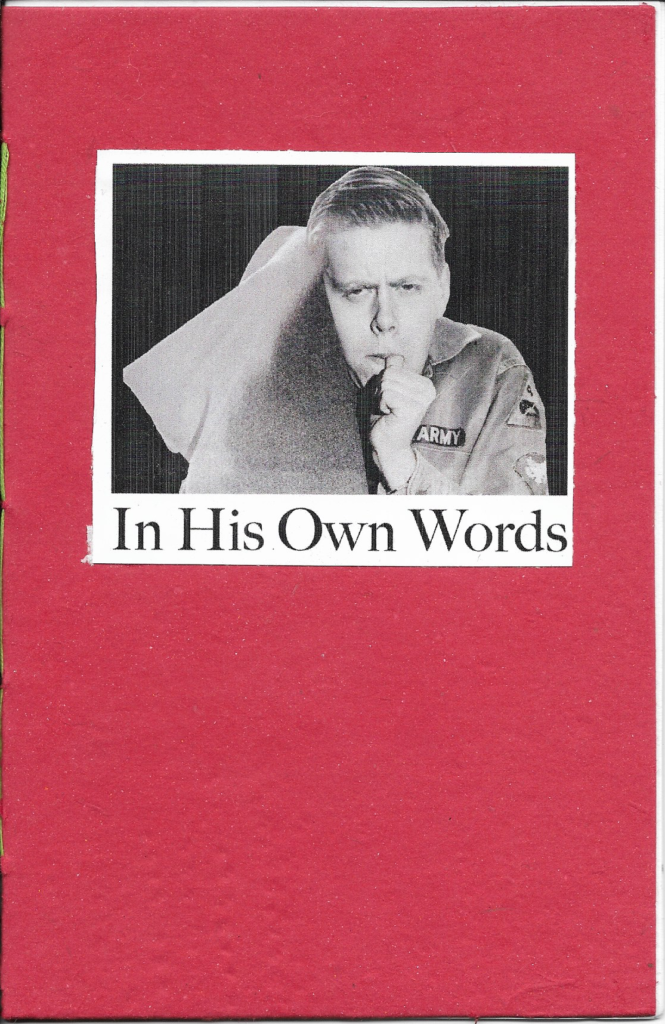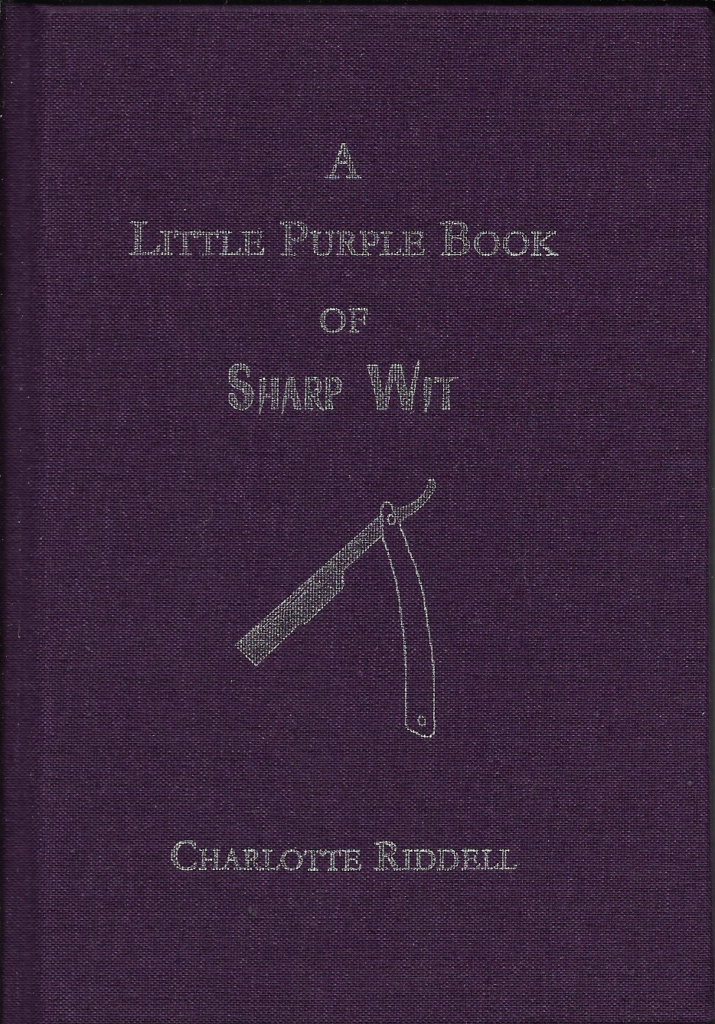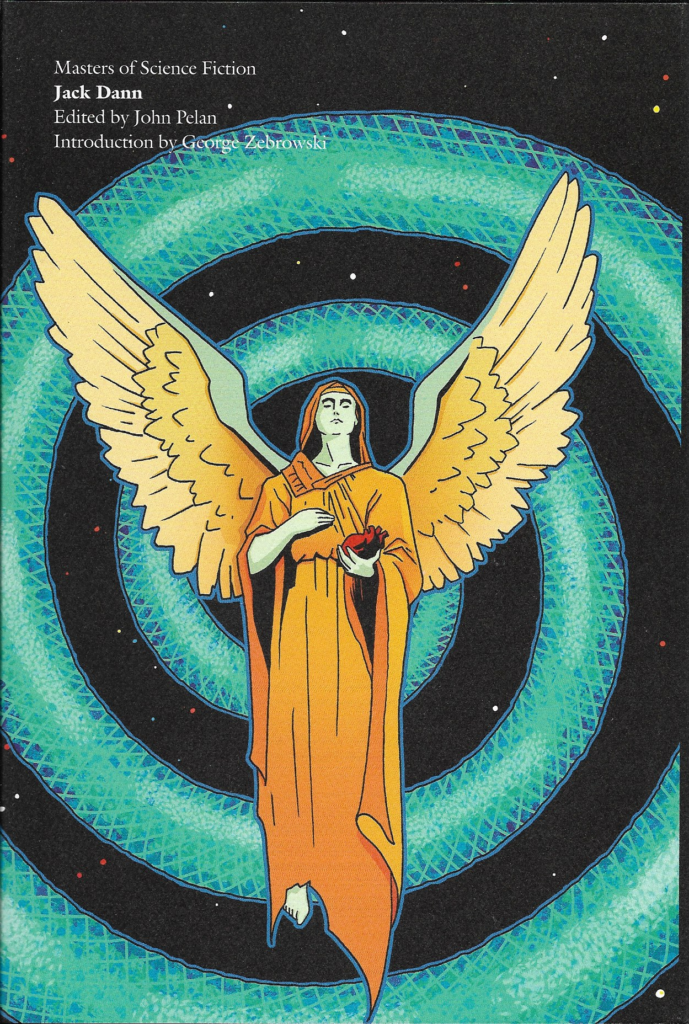It being 2022, the year the movie is set in, we thought it was high time to finally watch Soylent Green in a not-chopped-up-for-TV version.
Title: Soylent Green
Director: Richard Fleischer
Writer: Stanley R. Greenberg (screenplay), Harry Harrison (for the novel Make Room! Make Room!)
Starring: Charlton Heston, Leigh Taylor-Young, Edward G. Robinson, Chuck Connors, Joseph Cotten, Brock Peters, Lincoln Kilpatrick
IMDB entry
A Neo-Malthusian dystopia, Soylent Green starts off by telling us that New York City now has a population of 40 million, and almost all of them look sweaty (Greenhouse Effect), depressed and desperate. Charlton Heston plays Detective Thorn, a cop more pissed off than depressed, sharing an apartment with his “book” Sol (Edward G. Robinson, in his last role; he died six days after principle photography wrapped), who does research for him. Their tiny, dingy apartment is crammed with books, no running water, and electricity so reliably unreliable that every now and then they need to climb aboard an exercise bike to keep their single bulb lit. When Thorn leaves for work, he has to step over dozens of homeless people sleeping in the stairwell of his building
Thorn works two shifts to make ends meet, and he’s assigned to the murder case of rich businessman William R. Simonson (Joseph Cotton) high in his swanky apartment. There he interviews Shirl (Leigh Taylor-Young), Simonson’s “furniture,” the beautiful young woman provided with the apartment, who seems to take a shine to Thorn, as well as assistant Tab Fielding (Chuck Connors), upon whom his suspicion for being the inside man falls.
The interesting thing about these scenes, despite the stark contrast between rich Simonson and the horrible grinding poverty, is how Heston’s Thorn, presented as a good cop working within a corrupt system, feels absolutely no compunction about stealing everything he can lay his hands on in the dead man’s apartment, including such unthinkable luxury goods as “soap” and “beef.” The body disposal guy also offers Thorn an agreed upon percentage for the body, and later Thorn tells his chief (Brock Peters) that the fee will come out of his share. Thorn’s also not above using his fists to beat answers out of people, and he knows how to project an air of menace.
It turns out that Simonson worked for the powerful Soylent corporation, and Thorn’s chief tells him to drop the case. “There’s been 137 reported murders since then, and we won’t solve them either.” Assuming a 24-hour period, that works out to around 50,000 murders a year, a blood-drenched total not even pre-Guiliani New York City or modern Chicago can match. Naturally Thorn refuses.
Thorn also gets assigned riot duty, and a riot breaks out when a Soylent outlet runs out of food. They bring in “The Scoops,” which are the dump trucks on the movie poster that unceremoniously scoop rioters up into the bed. What happens to them there is unclear, but given the state of the world, you can bet it’s not pleasant.
All institutions seem corrupt, dysfunctional, and most often both. Thorn gets shot in the leg, and he refuses to take time off to heal. “If I’m gone 48 hours they’ll replace me.”
Soylent Green lends itself to Neo-Marxist analysis more than most movies, but one thing that cuts against that is religion is the only institution that isn’t corrupt, but it’s still breaking under the strain. After taking a baby previously roped to the dead, knifed mother into a church filled to overflowing with homeless people, Thorn interviews the priest (Lincoln Kilpatrick) who heard Simonson’s last confession, and he’s so far beyond burnout that he has the dead stare of a PTSD sufferer who has numbed himself to the world for his own sanity.
Priest: Forgive me. It’s destroying me.
Thorn: What is?
Priest: The truth.
Thorn: The truth Simonson told you?
Priest: All truth.
Eventually Sol decides to kill himself in a suicide theater showing the lost wonders of the natural world, and shortly thereafter Thorn learns the dark secret of Soylent Green that I assume just about every reader of this review is already aware of.
There are a few memes floating around listing the similarities between the 2022 of Soylent Green and our own, so let’s list a few:
People wearing masks
Homeless people living on the street
People living in cars
Greenhouse effect worries
Computer games (a version of Spacewar!)
New York falling apart
Every institution is corrupt
Riots (we could extend that to “over food” if it were set in Sri Lanka)
State-sanctioned assisted suicide
All that said, with all our problems, the world we’re living in is markedly better than the one depicted here, war notwithstanding, largely thanks to the green revolution in agriculture. Harrison’s novel depicted the world collapsing with 7 billion people, but this year population is scheduled to hit 8 billion (though I’m not sure if that includes China overcounting their population by some 100 million people or not), and we still don’t have widespread famine. (With the agricultural output destroyed in the Russo-Ukrainian War, next year may be different.) New York City’s population is closer to 8.5 million than 40 million, and appears to be shrinking.
Director Richard Fleischer had an interesting career in the 1970s, with his most prominent films being Tora! Tora! Tora!, Charles Bronson action film Mr. Majestyk, Soylent Green… and Mandingo.
The 1970s were a weird decade.
Soylent Green has something of a mixed reputation, partially based on them changing Harry Harrison’s original ending. But I found it a very effective film, one that uses it’s obviously limited budget to good effect and succeeds on its own terms. Heston is very good, as always, and Edward G. Robinson nails his final role. All in all, I’d place it as the second-best SF dystopia of the 1970s, behind only Rollerball.


